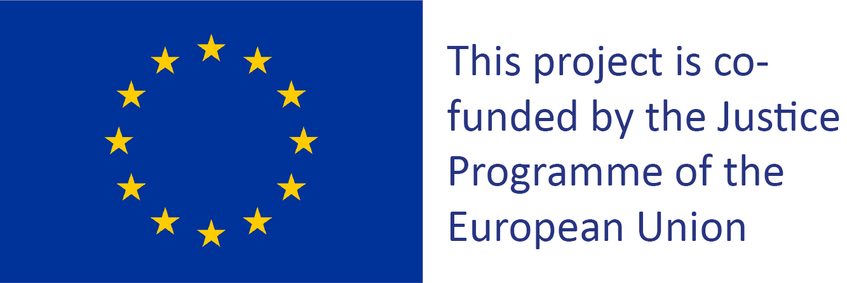TransLaw – Exploring Legal Interpreting Service Paths and Transcultural Law Clinics for persons suspected or accused of crime
DG Justice Grant Agreement number: 760157 — TransLaw — JUST-AG-2016/JUST-AG-2016-06
The demand for interpreting services in Europe has grown considerably in the last years, including in the legal domain. An increasing number of persons suspected or accused of crime require interpreting in the pre-trial, trial, and post-trial phase. The European Union has adopted a number of Directives on this topic, including Directive 2010/64/EU on the right to interpretation and translation in criminal proceedings.
The TransLaw project aims to provide better interpreting services in the legal domain for people who do not have sufficient command of the official language of the country in which they are residing. Thanks to integrated research in the fields of interpreting studies and law, this project seeks to contribute to the state of knowledge and training methods in both fields.
The four project partners are the University of Vienna (Centre for Translation Studies), the University of Trieste (IT), the Catholic University of Leuven (BE), and the University of Maribor (SI).
Read more about the research team
- In the first analytical phase of the project, the history of law clinics and their current situation in Europe are investigated. In addition, cooperation with relevenat stakeholders for the organisation of transcultural law clinics are established.
- Outputs: Legal Clinic Report, Workshop Report
- In the research phase, the project explores the complex service paths of persons suspected or accused of crime who do not have sufficient command of the official language of the country in which they are residing and the points at which interpreting services are required. At the same time, it highlights the possibilities and limitations that interpreters are faced with in legal settings. Furthermore, recommendations for legal professionals are created.
- Outputs: Desk Research Report, Service Path Report, Recommendations
- In the training phase, joint workshops and trainings for interpreters and legal professionals such as lawyers, judges, police, etc. are developed and implemented. This enables interdisciplinary learning.
- Outputs: Didactic Concept
- In the final phase of the project, transcultural law clinics for criminal law will be set up at the four participating universities. At these law clinics, law students and interpreting students will work together to support persons suspected or accused of crime who do not have sufficient command of the language of the jurisdiction. With this, the project contributes to fulfilling the universities’ third mission.
All outputs can be found under Downloads.

